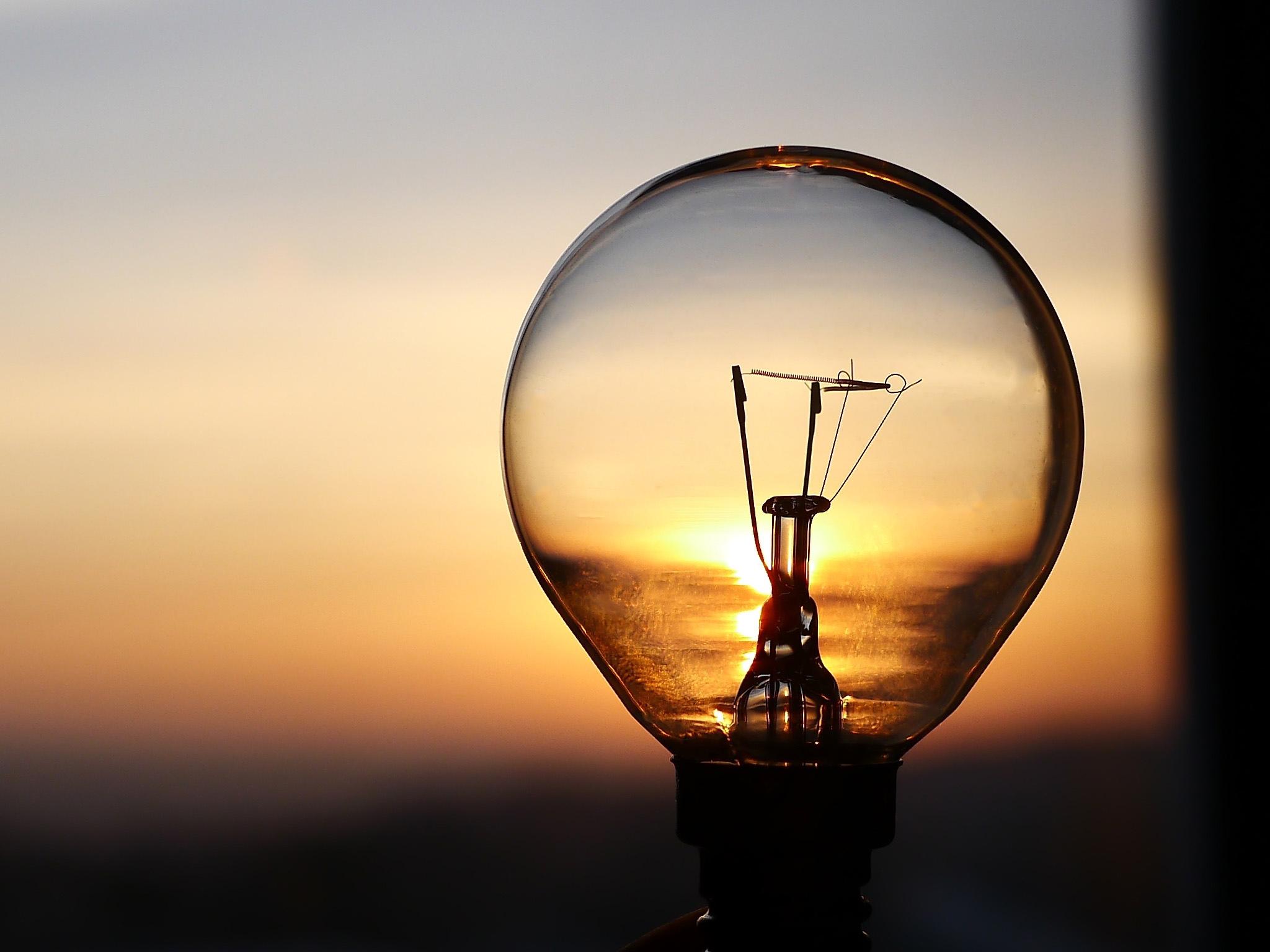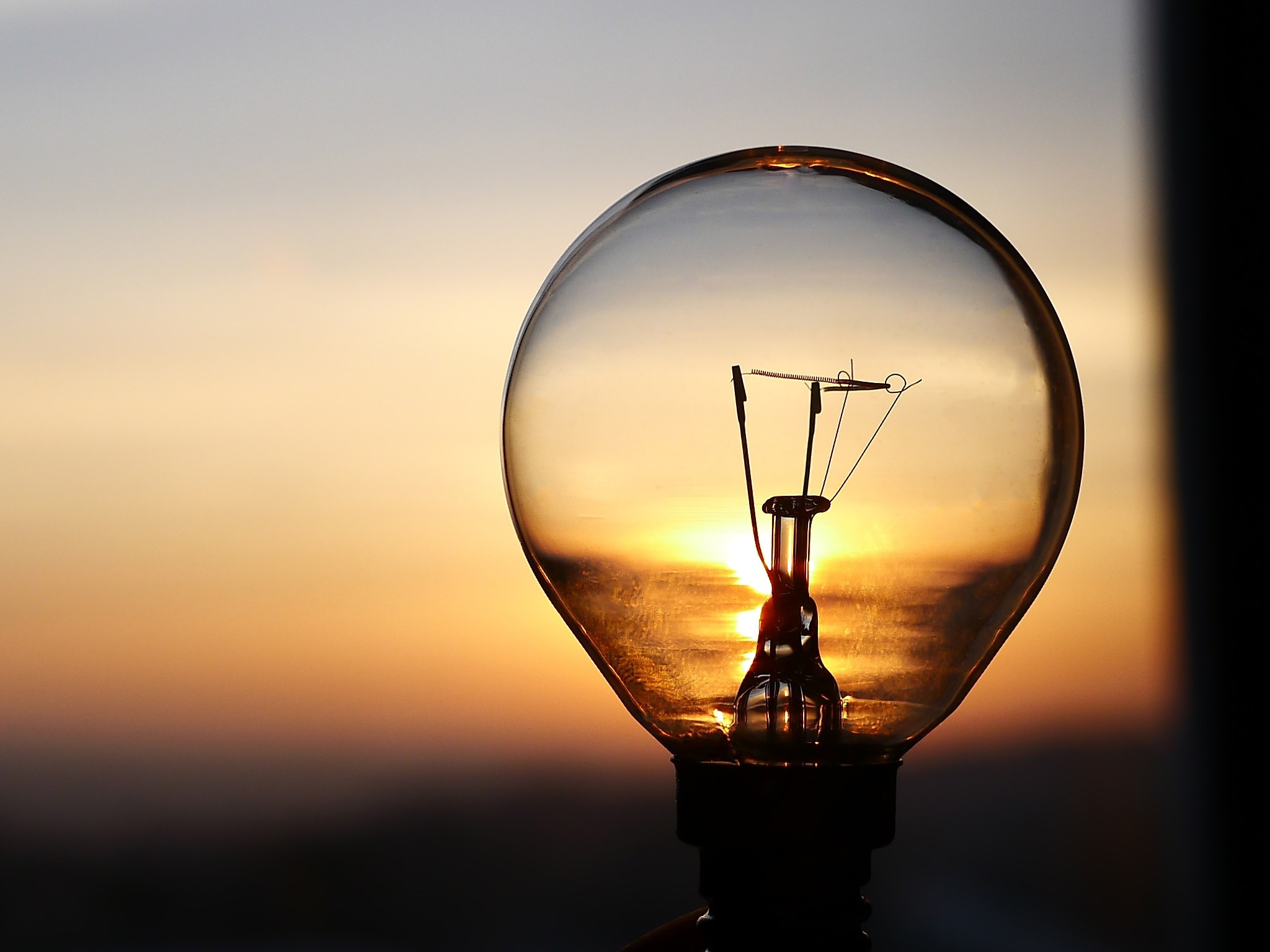Solar energy is created by converting the sun’s rays electricity. As a renewable energy source, this environmentally friendly alternative to burning fossil fuels is both convenient for you and beneficial to the world. This means you can reap the rewards and enjoy your sustainable power with a clean conscience. Here are some frequently asked questions about solar power.
Q: Are solar panels expensive?
A: In short, it’s difficult to say how much solar panels cost due to many different factors impacting the price. As the solar technology improves, the price for solar will steadily decrease. Solar is in the process becoming affordable, so much so it’s beginning to entice homeowners without rebates for the system. While there is an upfront cost of installing the solar panels, in the long run it all balances out with households noticing significant savings over time. However, even the price of producing and installing solar power systems is falling dramatically. To put it into perspective, a few years ago, the price of solar power systems was close to that of a small car; now the price is similar to that of a large TV.
Q: Are there savings households can enjoy right away?
A: Yes! Australians are able to sell any excess energy generated by their panels back into their local grid. As of February 2016, they can get anywhere from 5.1 to 12 cents per kilowatt hour.
Q: Are energy neutral homes possible?
A: Absolutely, the average house can be self-sufficient with the combination of solar panels and home battery storage.
Q: What are a few ways to save on energy at home?
A: Every room in your house can be an energy saving resource. For in-depth tips, check out out solar power buyer’s guide.
A good place to start would be by using natural light wherever possible. Consider installing a skylight in dark rooms to save turning the lights on during the day. Insulating windows and floors with curtains, blinds and rugs helps keep the temperature regulated. Switchon.vic.gov.au recommend setting the temperature a few degrees higher or lower than what you would normally use (depending on the season). Their facts show there is a 10% increase to your electricity bill with every degree above 20 in winter.
Q: Where is solar heading?
A: Business Review estimates that by 2023 100% of the daytime electricity supply in South Australia will come from home solar power. On the western side of Australia it is estimated that by 2021 half of Perth homes will have solar panels. Queensland is currently leading the solar race, with New South Wales and Victoria battling it out for second place.
Renewable energy is always a hot topic for us! Don’t hesitate to get in touch with us to compare the market and if you have more questions regarding the technology, installation or maintenance of your solar panels or solar storage systems, we are always here to assist.



